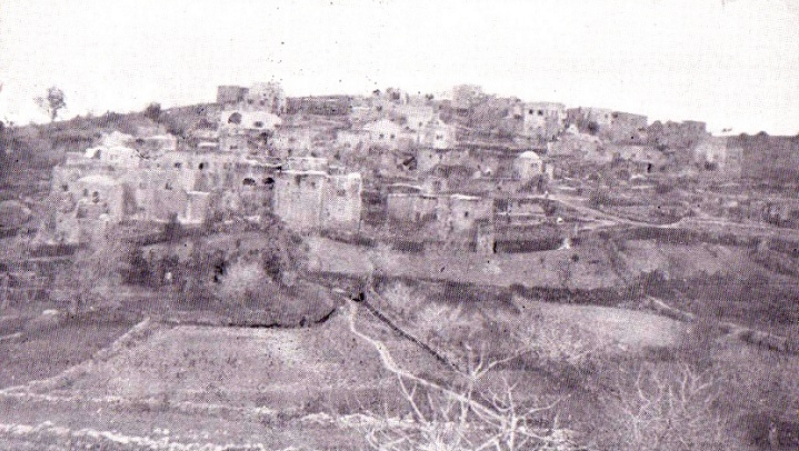
For the first time in history, archaeologists will excavate Kiriath Jearim, the Biblical town of Judah where the Ark of the Covenant stayed for 20 years after being returned by the Philistines.
The site is one of the very few locations in Israel that has not yet been excavated, according to the International Fellowship of Christians and Jews.
The dig will begin in August and will be done with the support of Israel Finkelstein and Christophe Nicolle of Tel Aviv University and Thomas Römer of College de France, according to The Times of Israel.
Kiriath Jearim is mentioned several times in the Bible. It was also referred to as Kiriath-Ba'al, Ba'ale-Judah and Ba'alah, indicating that the place had been used in Baal worship.
The account involving Kiriath Jearim in the Book of 1 Samuel is perhaps the most popular story involving the town. During the time of Eli, who served as both prophet and judge of Israel, the Israelites went out to fight against the Philistines. However, they were defeated, and 4,000 of them were killed in battle.
They brought the Ark of the Covenant to the camp, thinking it would give them victory against their enemies, but they were again defeated. More than that, the Philistines captured the Ark and brought it back with them to Ashdod.
The presence of the Ark brought devastation, sickness and death upon the Philistines, so they decided to return it to Israel by setting it up inside a cart pulled by two cows. The Ark found its way to Beth Shemesh, where people from Kiriath Jearim took it and brought it to the house of Abinadab "on the hill." They consecrated Abinadab's son Eleazar to guard it.
The ark stayed in the town for 20 years. Later on, King David had it moved to Jerusalem.
"The place is important for several reasons," Finkelstein told The Times of Israel. "It's a large, central site in the Jerusalem hills that hasn't been studied until now. It may be the only key site in Judah that hasn't undergone a systematic archaeological excavation."
There is not much structure in the hilly area except for a 20th century monastery at the hilltop. The monastery itself was built on top of an old Byzantine edifice. The surrounding areas are believed to be undisturbed.
Finkelstein said the Bible's reference to Kiriath Jearim as a place of worship for Baal could likely mean a temple was built there. He hopes the excavation will lead them to significant historical information not just about the town but also about Judah and Jerusalem as a whole.






